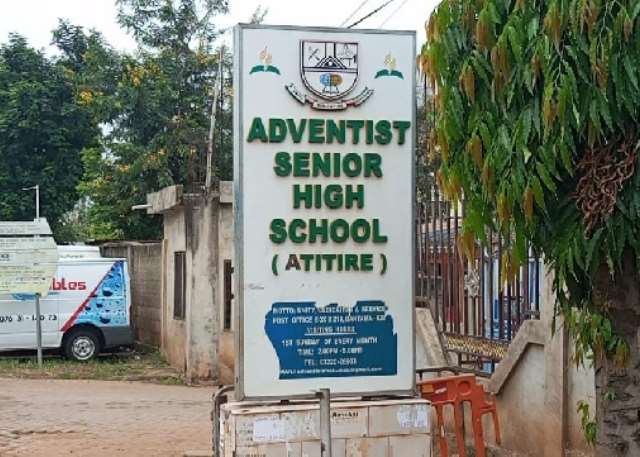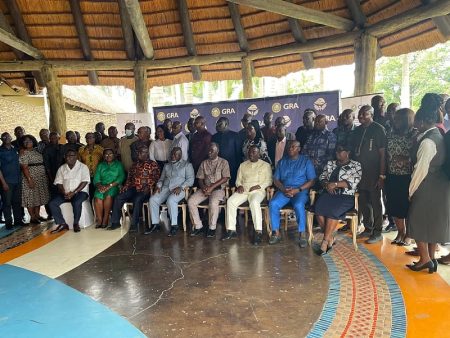The serene atmosphere of the Seventh Day Adventist Secondary School in Bantama, Ashanti Region, Ghana, was shattered on April 5th by a shocking act of gun violence that left two students seriously injured. The incident, which occurred during break time, stemmed from a reckless display of a firearm brought onto school grounds by a Form Two student, Bernard Amoabeng. The presence of the weapon sparked a heated debate among students, centered around whether the gun was functional. In a tragic attempt to quell the argument and demonstrate the gun’s operability, Amoabeng allegedly fired the weapon, inadvertently discharging a bullet that struck two of his fellow students. This act transformed a moment of adolescent curiosity and bravado into a scene of terror and bloodshed, leaving an indelible mark on the school community and raising serious questions about school safety and access to firearms.
The incident has left two young lives irrevocably altered. One of the victims, whose name has been reported as Penamang, suffered a critical gunshot wound to the forehead. The severity of her injury necessitated immediate medical attention. She was initially rushed to Kwadaso Hospital, a local facility, for emergency treatment. However, due to the complexity and gravity of her wound, medical professionals determined that she required more specialized care. She was subsequently transferred to the Komfo Anokye Teaching Hospital (KATH), a major tertiary referral center renowned for its advanced medical capabilities. The medical team at KATH has assumed responsibility for her ongoing treatment and care, as she battles to overcome the life-threatening injuries inflicted by the stray bullet.
The second victim, whose identity remains undisclosed, also sustained injuries from the gunshot, although specific details regarding the nature and extent of these injuries are yet to be publicly released. The focus remains primarily on Penamang’s critical condition, highlighting the immediate and significant threat to her life posed by the gunshot wound to her head. The incident has undoubtedly left both victims, their families, and the wider school community grappling with the physical and emotional trauma of this unexpected act of violence. The long-term effects on their physical and mental well-being remain a significant concern.
The swift response of law enforcement authorities led to the immediate arrest of Bernard Amoabeng, the student responsible for bringing the firearm onto school premises and discharging it. He is currently in the custody of the Suame Police, who have launched a comprehensive investigation into the incident. The investigation aims to uncover the circumstances surrounding the acquisition of the firearm, the reasons for bringing it to school, and the specific sequence of events that culminated in the accidental shooting. The police will also be investigating potential breaches of school security protocols and any contributing factors that allowed the weapon to be brought onto campus undetected.
The shooting incident at Seventh Day Adventist Secondary School underscores a critical concern regarding the safety and security of educational environments. It raises urgent questions about the prevalence of gun violence within Ghanaian society and the ease with which minors can access firearms. This incident serves as a stark reminder of the devastating consequences that can arise from the irresponsible handling of weapons, particularly within a school setting. It necessitates a thorough review of school safety measures, including security protocols, student awareness programs, and parental involvement, to prevent similar tragedies from occurring in the future.
The incident has also sparked a wider conversation about the need for stricter gun control regulations and more effective measures to prevent firearms from falling into the hands of minors. The tragic events at Seventh Day Adventist Secondary School serve as a wake-up call, emphasizing the importance of community-wide efforts to address the root causes of gun violence and promote a culture of safety and responsibility. The healing process for the victims, the school, and the community will be long and arduous, but it must also serve as a catalyst for meaningful change to prevent future tragedies. The focus now shifts to supporting the victims in their recovery, ensuring accountability for the perpetrator, and implementing comprehensive measures to create safer learning environments for all students.














